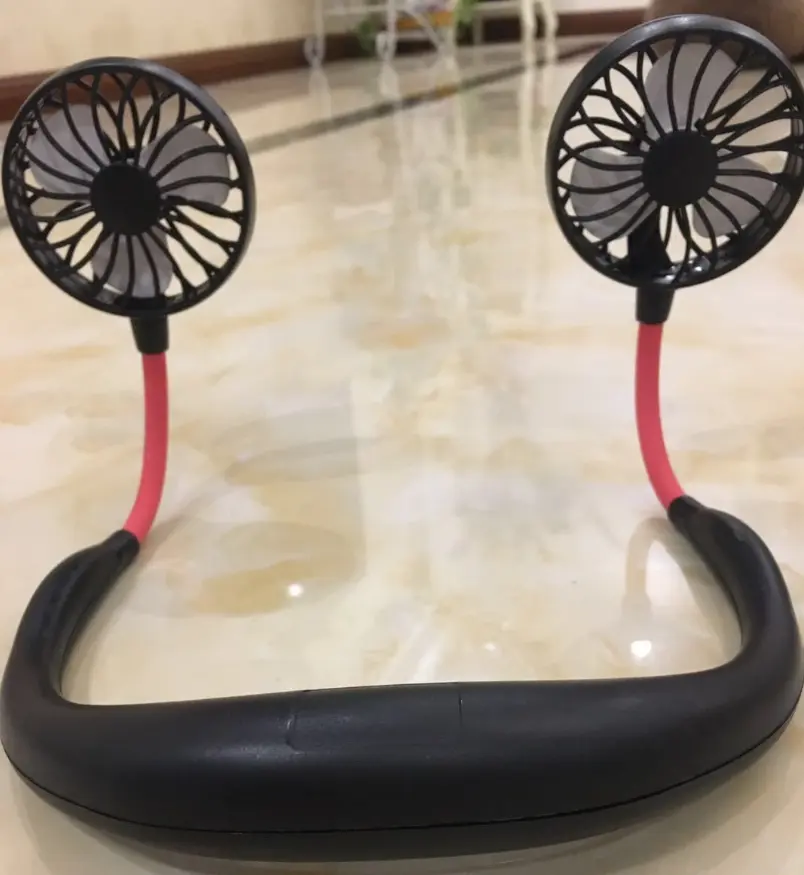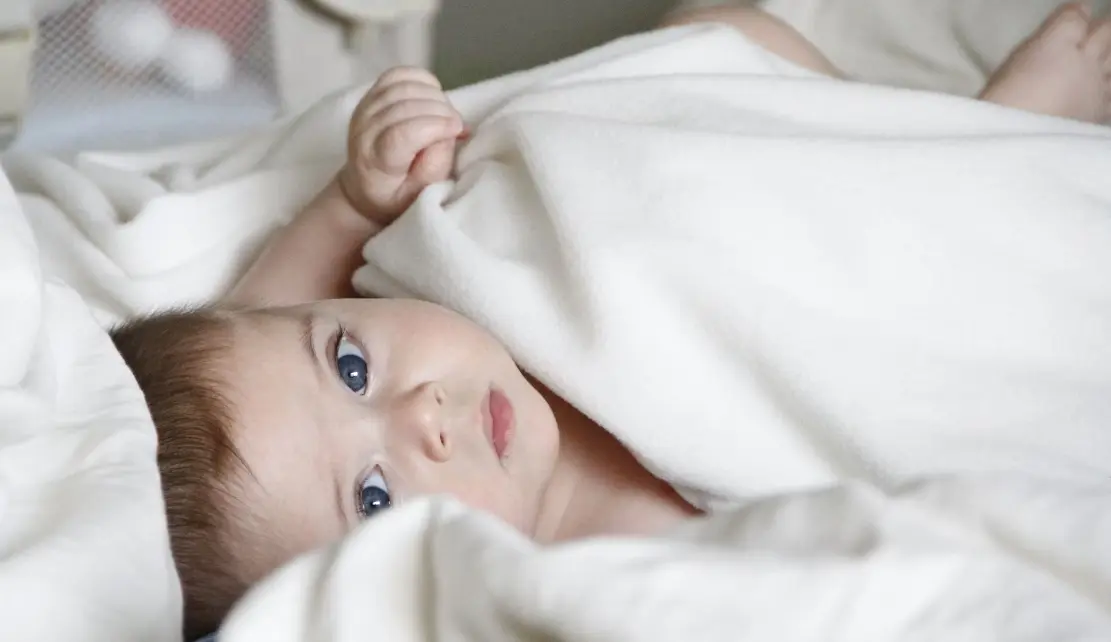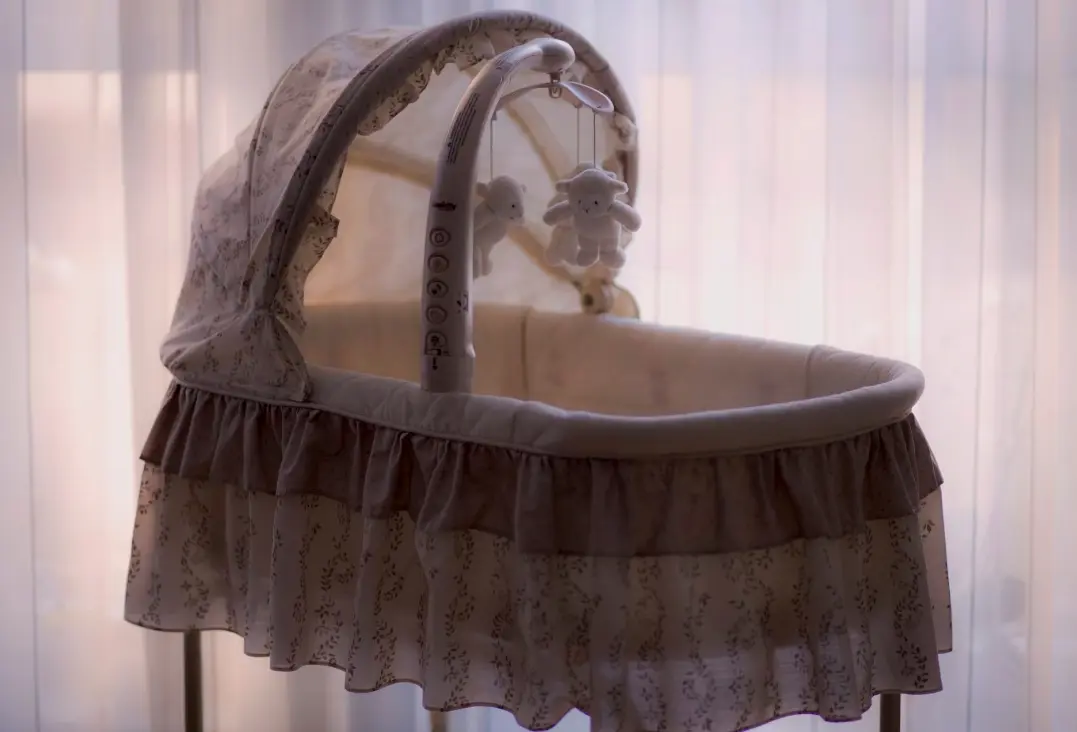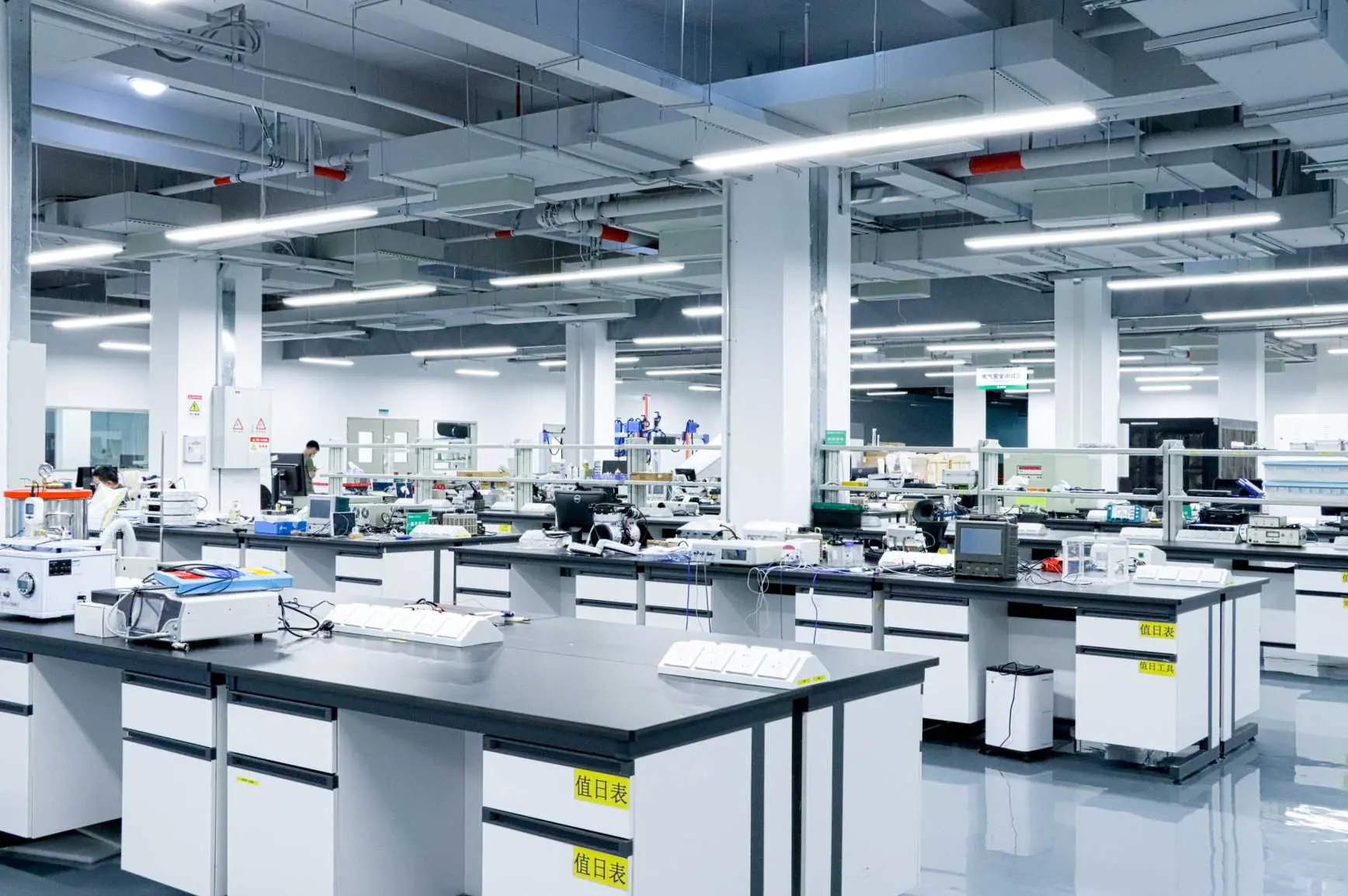
FCC Testing Certified Lab
The Federal Communications Commission (FCC) certification is a crucial regulatory process ensuring that electronic products entering the U.S. market comply with relevant electromagnetic compatibility (EMC) and wireless communication standards. The FCC certification testing primarily includes the following aspects:

Electromagnetic Compatibility (EMC) Testing
1. Radiated Emission Testing – Evaluates the electromagnetic energy emitted by the product through space without a physical connection. The test frequency typically ranges from 30 MHz to GHz.
2. Conducted Emission Testing – Measures electromagnetic interference (EMI) conducted through power lines, signal cables, and other conductors, primarily for low-frequency interference between 150 kHz and 30 MHz.
3. Antenna Terminal Disturbance Testing – For devices with external antennas (e.g., televisions), this test examines the interference generated at the antenna port.
Radio Spectrum Compliance Testing
1. RF Output Power Testing – Ensures that the radio frequency (RF) transmission power of the device complies with regulatory limits. Excessive or insufficient power levels can affect normal device operation or cause interference with other equipment.
2. Spectrum Characteristics Testing – Evaluates the device's frequency-domain performance, including bandwidth, harmonic distortion, and spurious emissions, which reflect the device's stability and reliability in communication.
3. Other Radio Performance Tests – Includes frequency error, occupied bandwidth, modulation characteristics, adjacent channel leakage power ratio (ACLR), and out-of-band emissions.
Safety Testing
Ensures that the device does not pose risks such as electric shock or overheating during usage, confirming compliance with relevant safety standards.
Other Testing Items
Depending on the product type and application, additional tests may be required, including:
- Ramp Emission Testing
- Current Emission Testing
- Transient Emission Testing
- Flicker Interference Testing
- Frequency Stability and Modulation Characteristics
- Effective Radiated Power (ERP)
- Transmitter and Modulation Frequency Response
- Modulation Bandwidth System for Broadband Devices
- Frequency Stability Under Low Voltage Conditions
FCC Standards
- Part 15 – Covers information technology equipment, cordless phones, satellite receivers, television interface devices, receivers, and low-power transmitters.
- Part 18 – Regulates electromagnetic interference (EMI) standards for industrial, scientific, and medical (ISM) equipment.
- Part 22 – Public mobile communication services.
- Part 24 – Personal communication systems, including licensed personal communication services.
- Part 25 – Satellite communication services.
FCC Certification Application Process
The steps for applying for FCC certification are as follows:
1. Submit an application form (our company provides a blank application form).
2. Sign a testing service contract with our company.
3. Provide product samples for testing, along with relevant documents such as electrical schematics, external/internal photos, oscillator circuit diagrams, user manuals, nameplate labels, and product operation descriptions (requirements vary by product).
4. Once the testing is successfully completed, we will submit the application materials to an FCC-authorized certification body.
5. After obtaining FCC certification, the company can legally use the FCC mark on its products.
### Notes:
1. All documents must be in English.
2. To shorten the certification period, it is recommended to submit materials in electronic format.
3. Additional supplementary materials may be required for special cases during the certification process.
About China JJR Laboratory
China JJR Laboratory specializes in export testing and certification for batteries, power supplies, lighting, wireless products, and chemical testing. With state-of-the-art lab equipment, extensive testing capabilities, and highly experienced engineers, JJR provides strong product rectification support and holds multiple international accreditations.
JJR operates independent laboratories for battery testing, safety compliance (EMC), anechoic chambers (966 standard), conducted shielding rooms (844 standard), ESD (electrostatic discharge) testing, surge lightning testing, and EFT (electrical fast transient immunity) testing.
JJR Laboratory is accredited by over ten internationally recognized organizations, including UL, TUV, IC, FCC, EMCC, SAA, and ITS. The lab can directly conduct testing for IT products, AV products, wireless devices, household appliances, lithium batteries, lighting products, toys, and more.
Email:hello@jjrlab.com
Write your message here and send it to us
 Canada Electrical Product Compliance Certification
Canada Electrical Product Compliance Certification
 Button Battery 16 CFR Part 1263 and ANSI/UL 4200A
Button Battery 16 CFR Part 1263 and ANSI/UL 4200A
 American Certification Testing for Baby Walkers
American Certification Testing for Baby Walkers
 Baby and Children's Products EU & US Certifica
Baby and Children's Products EU & US Certifica
 Crib US Certification Testing Services
Crib US Certification Testing Services
 Crib EU Certification Testing Serve
Crib EU Certification Testing Serve
 Compliance Testing for Baby Carriers and Hip Seats
Compliance Testing for Baby Carriers and Hip Seats
 EU GPSR Compliance Testing
EU GPSR Compliance Testing
Leave us a message
24-hour online customer service at any time to respond, so that you worry!




